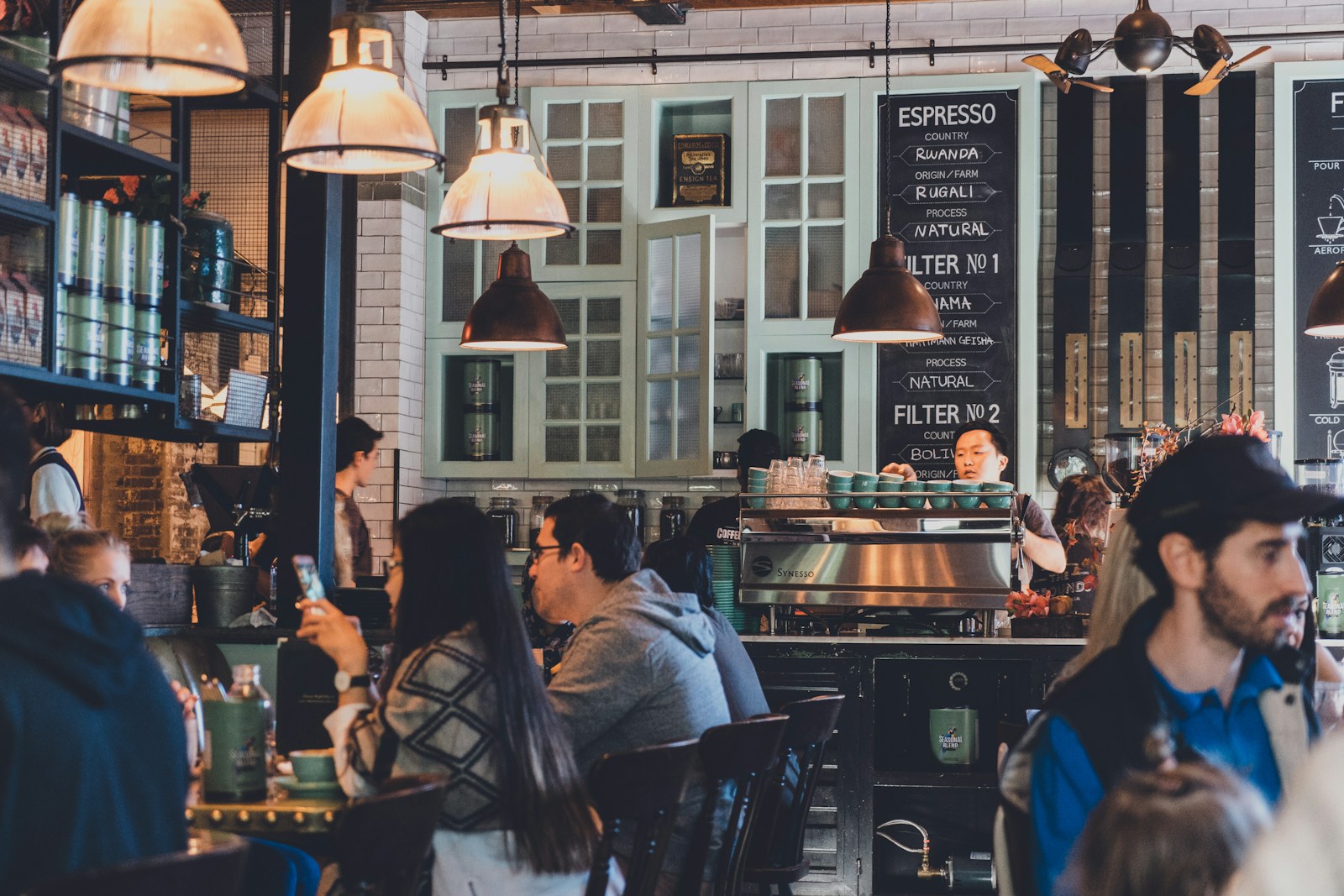
咖啡
kāfēi

coffee
In Chinese, coffee is referred to as '咖啡' (kāfēi). It's a commonly used term in daily life as the beverage is quite popular in China. It's used in similar contexts as in English, like discussing favourite drinks or choices at a café or restaurant. You could say '我想喝咖啡', which means 'I want to drink coffee'.
Example sentences using: 咖啡
我每天早晨都需要一杯咖啡。
Wǒ měitiān zǎochén dōu xūyào yībēi kāfēi.

I need a cup of coffee every morning.
This sentence demonstrates a daily routine of needing a cup of coffee in the morning.
咖啡因可以促进心脏作用。
Kāfēiyīn kěyǐ cùjìn xīnzàng zuòyòng.

Caffeine can stimulate heart function.
This phrase uses the scientific term 'caffeine', which derived from 'coffee'.
这家有最好的咖啡。
Zhè jiā yǒu zuì hǎo de kāfēi.

This place has the best coffee.
The phrase highlights a preference or opinion that this place has the best coffee.
不要在晚上喝咖啡。
Bùyào zài wǎnshàng hē kāfēi.

Don't drink coffee at night.
This phrase serves as a warning or advice against drinking coffee at night.
你的咖啡准备好了。
Nǐ de kāfēi zhǔnbèi hǎo le.

Your coffee is ready.
The phrase is used when the preparation of someone's coffee has been completed.
我喜欢黑咖啡。
Wǒ xǐhuan hēi kāfēi.

I like black coffee.
This sentence reflects personal preference towards black coffee.
加糖的咖啡太甜了。
Jiā táng de kāfēi tài tiánle.

The coffee with sugar is too sweet.
This word string illustrates an opinion about the sweetness of the coffee with sugar.
妈妈不喝咖啡。
Māmā bú hē kāfēi.

Mom doesn't drink coffee.
This phrase is used to state the fact that someone, specifically 'Mom' in this case, does not drink coffee.
我想喝热的咖啡。
Wǒ xiǎng hē rè de kāfēi.

I want to drink hot coffee.
This phrase indicates a personal desire to consume hot coffee.
多长时间才能泡好一壶咖啡?
Duō cháng shíjiān cái néng pào hǎo yī hú kāfēi?

How long does it take to brew a pot of coffee?
It is forming a question about the duration required to brew a pot of coffee.